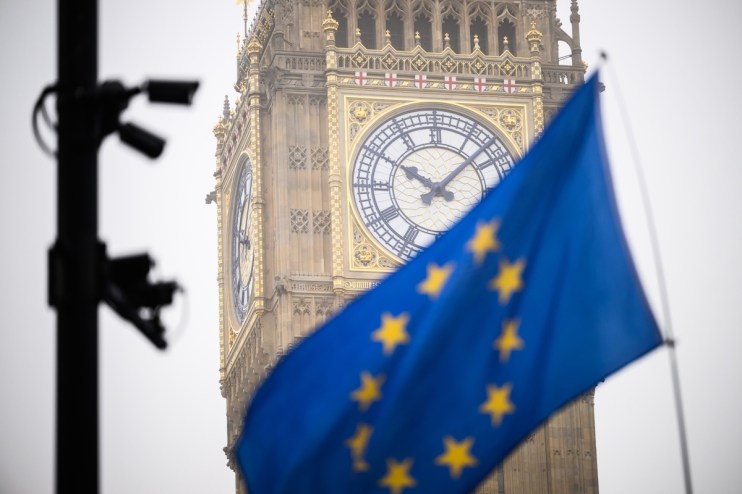City firms’ regulatory burden rises as UK and EU diverge on financial rules

City firms face an increasing regulatory burden as the UK and the EU begin to diverge on financial services regulation.
According to KPMG’s latest regulatory barometer, the burden of regulation faced by finance firms in both the UK and EU increased to 7.2 out of 10, up from 7.0 in February. In October last year the score was 6.9.
Increasing ESG regulations and major prudential reforms, such as Basel 4 and Solvency II, have put extra red-tape on firms, but KPMG also cited increasing divergence between the UK and EU as a contributing factor.
The report found that firms were facing “increasing complexity” as the implementation of regulations in both jurisdictions was starting to diverge.
Philip Deeks, head of KPMG’s regulatory insight centre, said that although the UK and EU were “worrying about exactly the same things”, regulatory divergence was starting to “crystallise” at the execution stage.
Citing the example of consumer protection, Deeks pointed out that the UK and EU had started out with similar goals but had ended up creating different rules in the Consumer Duty and Mifid II.
Michael Sholem, financial services regulation partner at Macfarlanes, said there is “a clear trend toward divergence in many areas”. He pointed out the UK has committed to a full-scale replacement of onshored EU law, while EU rules are subject to periodic review.
A spokesperson for UK Finance, which represents London’s banking industry, said it was important to “keep track of the costs to firms of complying with amended regulations” on both sides of the channel.
To coordinate the increasing regulatory drift, the UK and EU agreed to establish a joint EU-UK Financial Regulatory Forum earlier this year.
Although the forum has not met yet, many figures in the City are hopeful the forum will ensure there will not be too much divergence between the two jurisdictions.
But Simon Morris, a financial services partner with law firm CMS, warned that divergence would hamper efforts to establish a more harmonious relationship on regulatory issues.
“Divergence makes all but certain that there will be no future EU/UK recognition of equivalence, effectively ruling out any cross-border activity,” he said.
Firms across a wide variety of sectors have been worried by divergence. In a letter to the Guardian, business leaders argued in favour of a “policy of alignment with EU standards and regulations, unless it is explicitly not in the UK’s interests to do so”.
“By taking this approach, any future UK government will be able to reassure businesses and investors, both domestically and internationally, that the UK is committed to maintaining high standards and protections, strong relationships with its trading partners, while also protecting the interests of UK businesses,” the letter said.